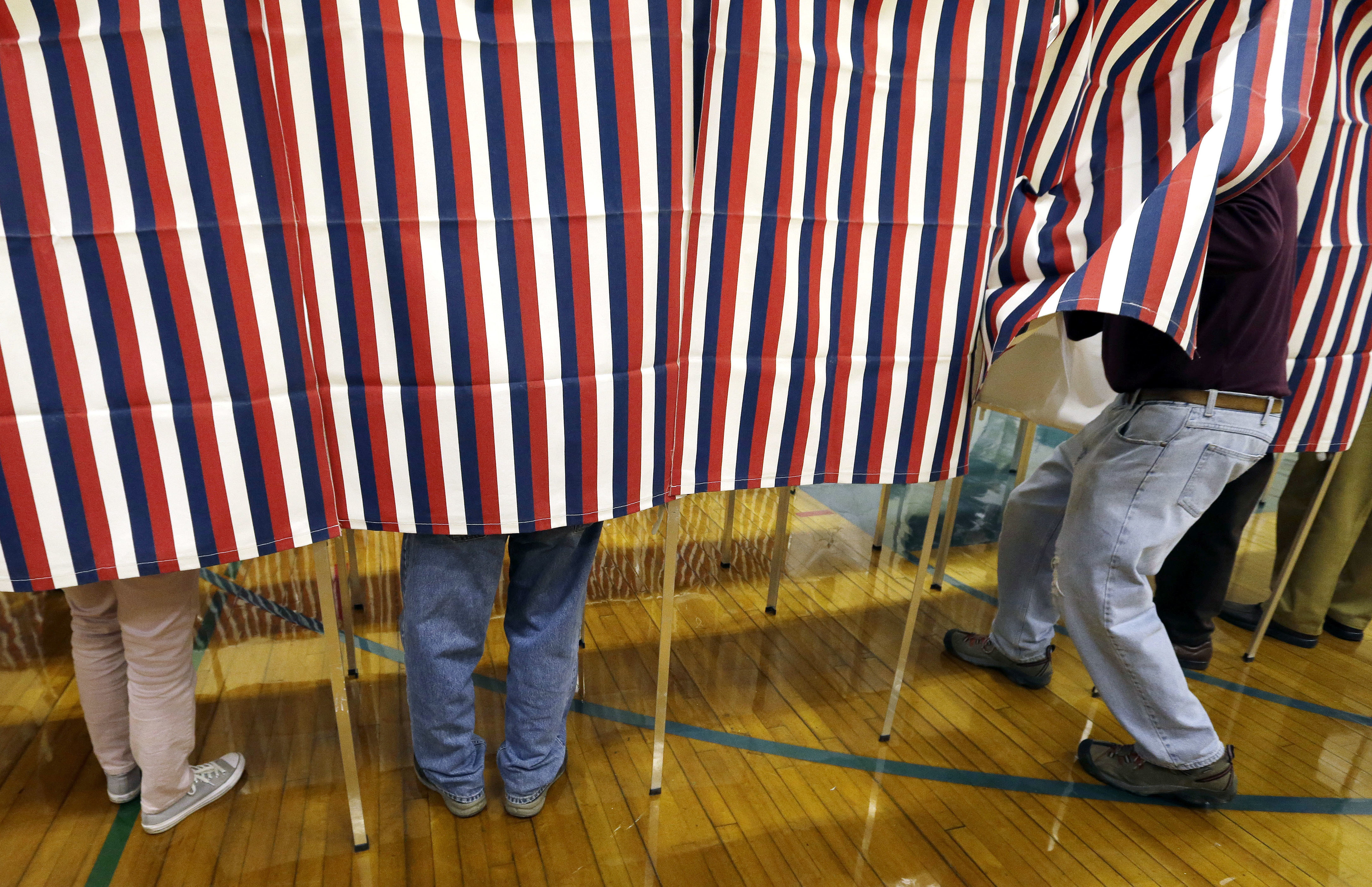Packard: I Did Nothing Wrong in Merner Case
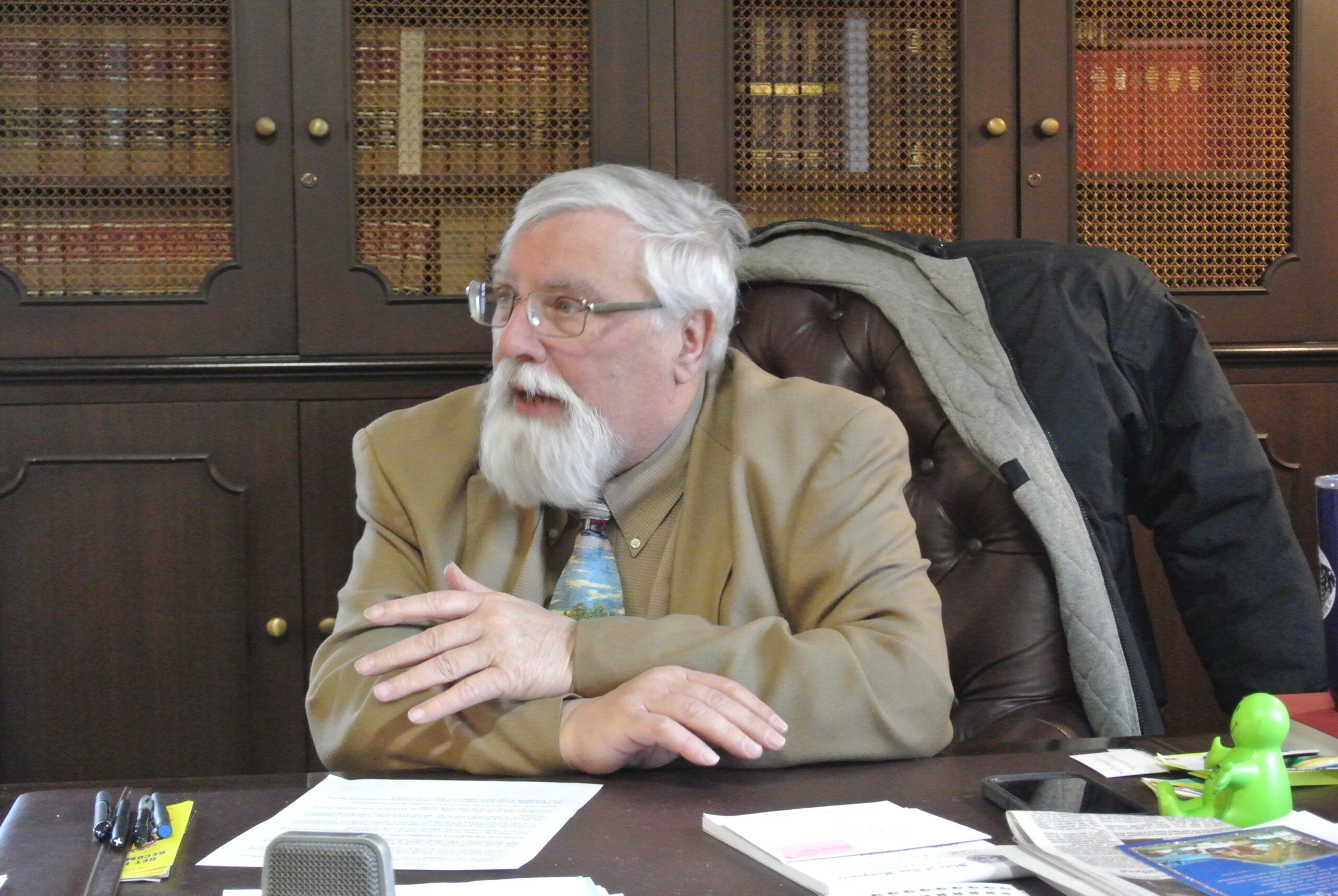
House Speaker Sherman Packard said he did nothing wrong in his handling of the case of Troy Merner, the former state House member charged with illegal voting and lying about his residency. And, he told reporters Wednesday, he is done talking about the topic.
Packard (R-Londonderry) met with a small group of reporters to clear the air, set the record straight, and end the discussion about what he did and did not do when he first learned Merner did not live in his Lancaster district.
“We had to let the process play out since it was under investigation by the (New Hampshire Department of Justice,)” Packard said. “I never talked to Troy Merner the whole time about his residency.”
Saying it would be the last time he planned to talk about Merner, Packard often sounded defensive during the meeting with NHPR, the Union Leader, and NHJournal, saying he could not have taken action when his office learned last December that Merner’s residency was under investigation by the New Hampshire Attorney General’s Office.
“Do what? What would you have me do? Get in the middle of an investigation? That could be criminal. Which is what it turned out to be,” Packard said. “If I had gotten involved in it and screwed up the investigation, you guys would probably be jumping all over me for ‘Why did you get involved’… I lose no matter what the hell I do.”
The New Hampshire Attorney General’s Office charged Merner, 63, last month on counts of wrongful voting, theft by deception, and unsworn falsification following its investigation. Merner is scheduled to be arraigned on Thursday, Dec. 28 in Coos County Superior Court.
Packard’s meeting on Wednesday was an attempt to put an end to the critical news stories that dogged his office since the news broke.
“We tried to put this to bed, and every time we try and put it to bed, somebody puts a report out or something of that nature and blows the whole thing up again,” Packard said.
Packard blamed the media and partisan politics for giving life to the controversy and not anything he did or did not do.
“Would this [interest in the Merner story] have happened if we or the other party had a 50-vote majority? Probably not. Let’s be realistic; there’s a lot of politics involved in this right now,” Packard said.
According to documents so far released in the case, the Attorney General’s Office emailed Terry Pfaff — Chief Operating Officer of the New Hampshire legislature — on Dec. 6, 2022, one day before the House Organization Day. The email alerted House authorities to questions about Merner’s living situation and the ongoing investigation. A Packard staffer contacted Merner soon after receiving that email, and Merner denied he was no longer a Lancaster resident.
At that point, according to Packard, he decided to wait for the attorney general.
“We didn’t jump into any type of investigation; we took the man at his word. We had no reason not to, regardless of what the investigation said, because it wasn’t finished,” Packard said.
Merner, a member of the Lancaster select board, allegedly moved out of Lancaster before he was elected to the House last November. According to court records, Merner considered his Lancaster office, post office box, and intent to eventually move back enough to establish his residency in the district despite the fact he was actually living in Carroll with his wife.
Deputy Speaker Rep. Steve Smith (R-Charlestown) played wingman to Packard at Wednesday’s press conference, explaining that no one made a formal complaint for Packard to act on and brought proof that Merner was not a Lancaster resident to the speaker.
“Anybody could have brought a complaint, and nobody did,” Smith said.
Without a complaint, Smith said that Packard could not act, adding that the Speaker’s Office does not generally investigate alleged misdeeds, nor does it conduct surveillance on members.
“The Speaker’s Office has a chief of staff, a deputy chief of staff, and … a communications director. We’re not going to deploy them to stake people out,” Smith said. “We don’t have staff or resources for that based on a rumor.”
Merner finally resigned from the House in September aw the attorney general’s investigation neared conclusion. At that point, the Department of Justice provided Packard with proof Merner was not a Lancaster resident. Packard followed up on that information by pushing Merner to step down.
“Once proof was given to us by the DOJ, we acted immediately,” Packard said.
Even if Packard got involved, past House precedent showed nothing would have happened, Packard and Smith argued. They pointed to a similar controversy from 1990, when it was learned Democratic Rep. Cynthia McGovern did not live in her Portsmouth district but instead lived in Hampton.
Then-Speaker Steve Shurtleff (D-Penacook) appointed a committee to investigate McGovern’s residency, which took years to bring a resolution ousting McGovern to the floor. Despite it being a clear case of a representative living outside their district, the House voted down a 1992 resolution to boot McGovern from her seat.
“If we did investigate, what would have happened? It would have been really hard to find any conclusion other than the 1992 committee report that saw something just like this,” Smith said.
Is Packard worried about accusations from Democrats that he mishandled the Merner situation or the impact of this incident on his speakership going forward?
“I’ve been in politics a long time. I can’t control what everybody thinks,” Packard said.

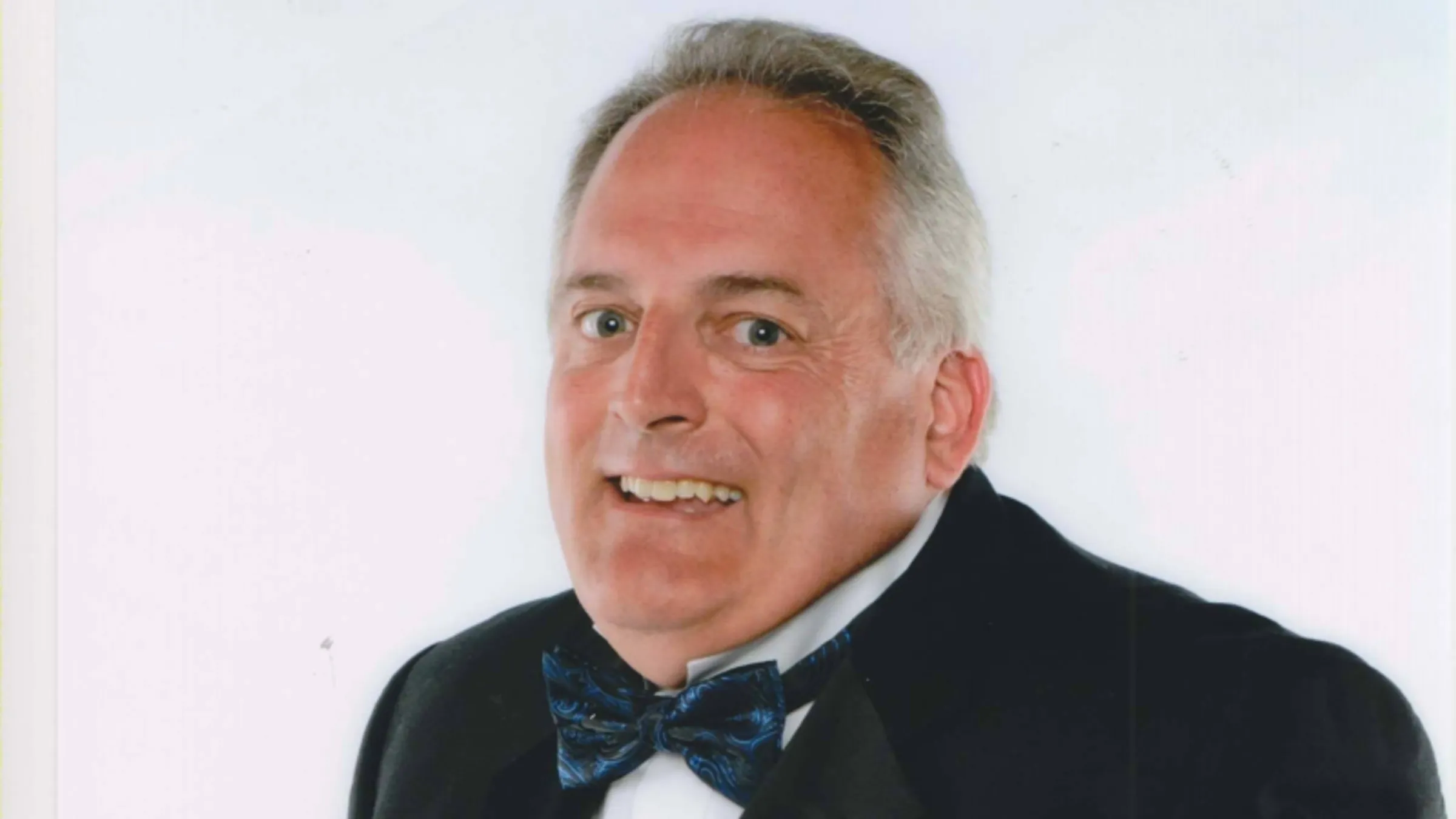
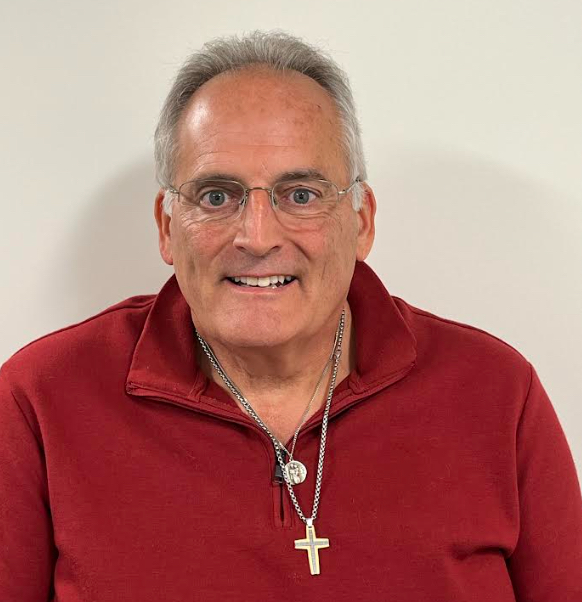
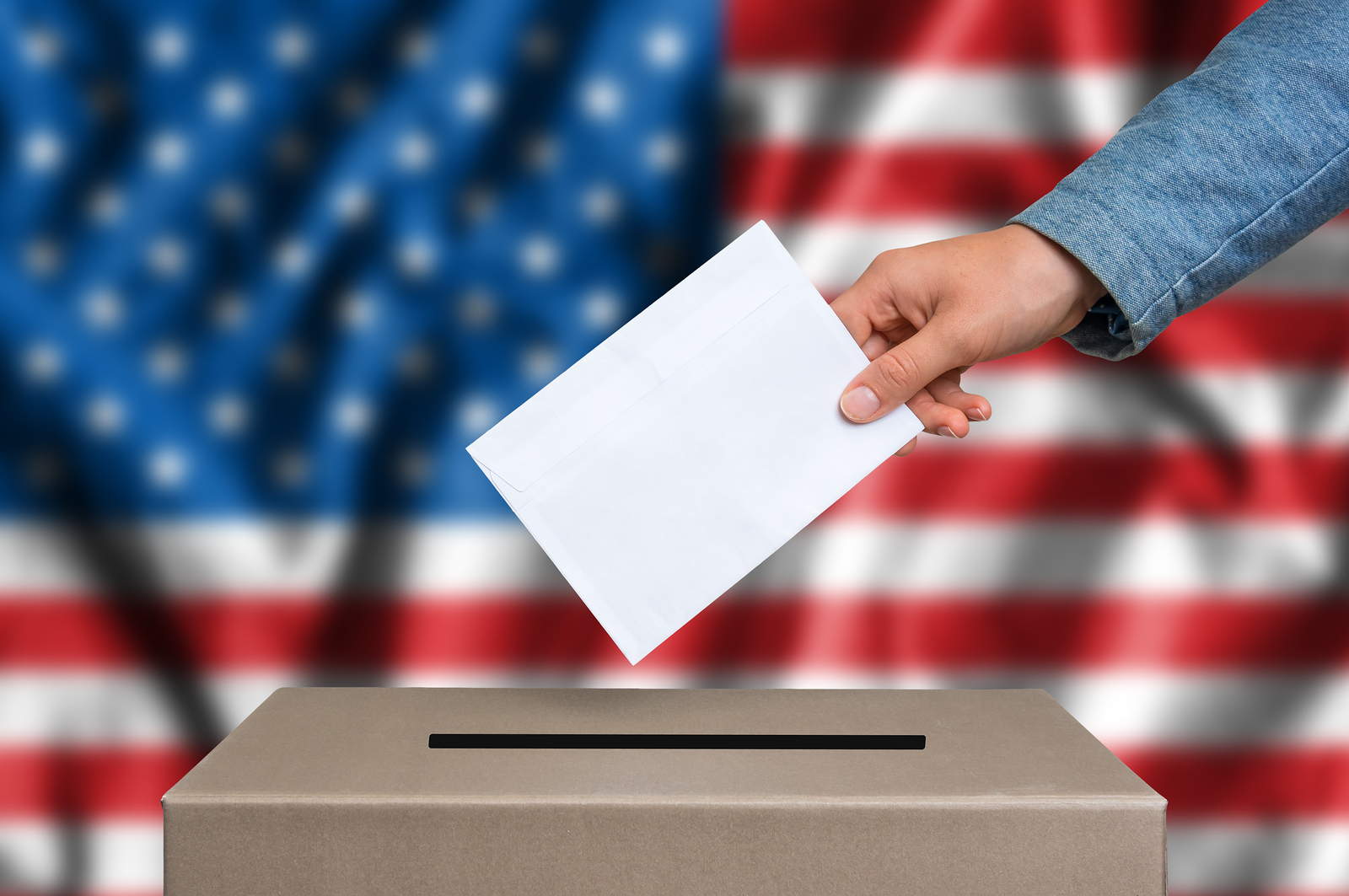

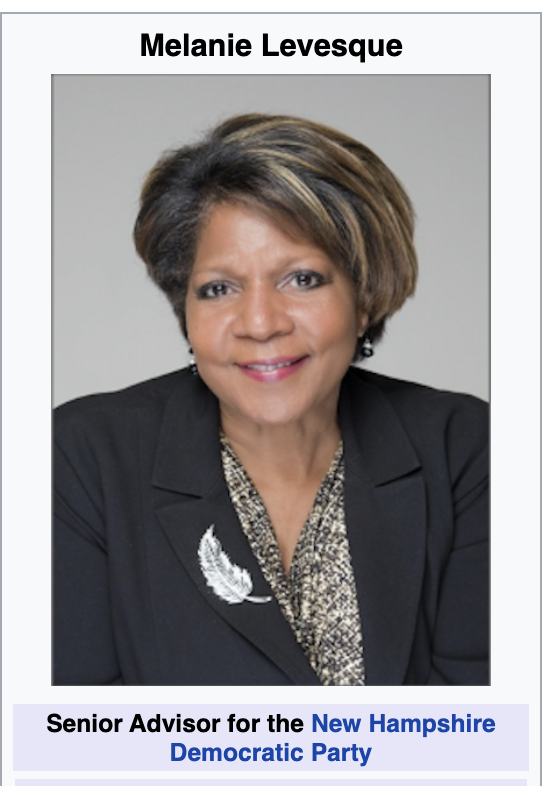 But Thursday morning, she dropped her recount demand and instead released a statement announcing her intent to challenge current Secretary of State David Scanlan. The secretary of state is selected by the state legislature.
But Thursday morning, she dropped her recount demand and instead released a statement announcing her intent to challenge current Secretary of State David Scanlan. The secretary of state is selected by the state legislature.